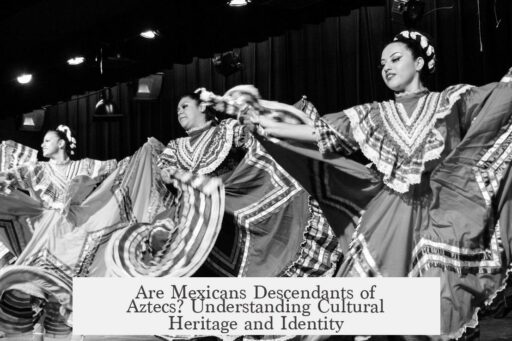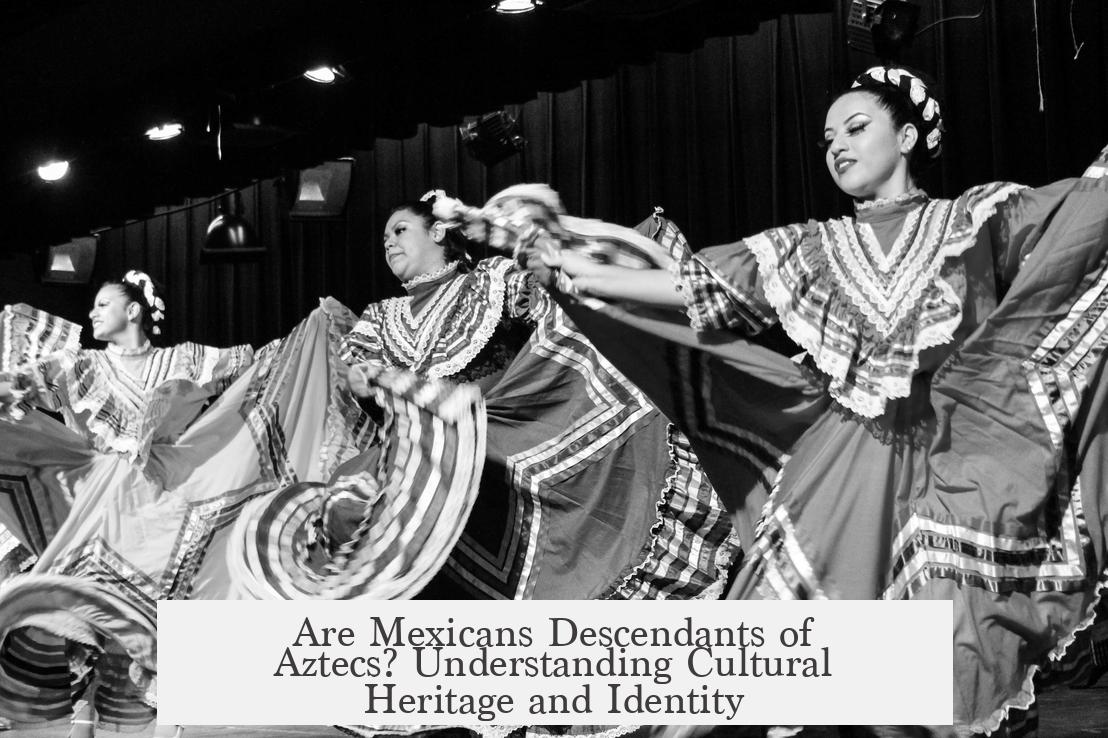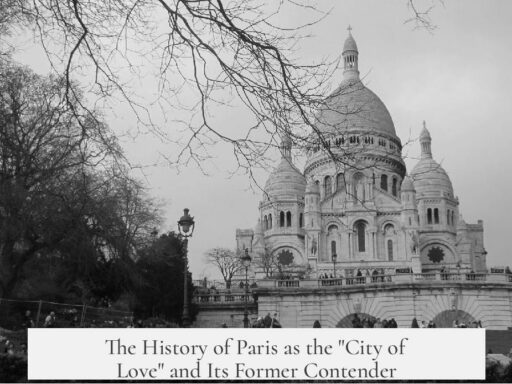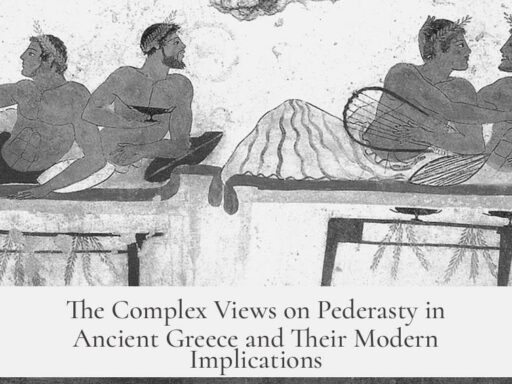Most Mexicans today are not simply Aztecs but are descendants of various indigenous peoples, including the Mexica (often called Aztecs), alongside many other ethnic groups. The term “Aztec” broadly refers to Nahua-speaking peoples and is more a political or modern general label than a pure ethnic identity.
To understand the relationship between Mexicans and Aztecs, one must first distinguish between the terms “Mexica” and “Aztec.” The Mexica were a Nahuatl-speaking people who founded the city of Tenochtitlán around 700 years ago. They established an empire that dominated central and southern Mexico and parts of Guatemala. The Mexica called themselves Mexicanos, which is the origin of the modern word “Mexican.”
The term “Aztec” is more complex. It may relate to the mythical homeland called Aztlán and can describe:
- The people from Aztlán, an origin myth location;
- A modern classification applied to Mexica specifically;
- An umbrella term encompassing various Nahua-speaking groups in post-classic central Mexico;
- A label distinguishing the original Mexica people from the contemporary Mexican nationality.
Early indigenous and Spanish accounts from the conquest period prefer “Mexica” or “Mexicanos,” not “Aztec.” For example, the first Nahuatl dictionary (1555–1571), by Alonso de Molina, refers only to the “Mexicana” language without mentioning “Aztec.” This indicates that “Mexica” was their original self-designation.
The word “Aztec” gained wider use during the late 18th century when European scholars like Alexander von Humboldt popularized “Aztec” in their works. Earlier indigenous chronicles such as the 1598 Crónica Mexicayotl hinted that the Mexica might have once been called Aztecs or had complex relationships with the term. This suggests that multiple tribes, not just the Mexica, descended from Aztlán, and “Aztec” can apply broadly.
Later European and American scholars such as Jesuit Clavijero and William Prescott used “Aztec” and “Mexicano” interchangeably but largely excluded other indigenous groups. Prescott’s 19th-century writings popularized “Aztec” for the founders of Tenochtitlán, overshadowing the native “Mexica” name.
After Mexico gained independence in 1821, the term “Mexican” expanded to include people of European descent born in Mexico (Criollos), people of mixed ancestry (Mestizos), and indigenous populations. To build a new national identity, the label “Aztec” partly served to separate the indigenous Mexica founders of Tenochtitlán from the evolving Mexican citizenry. As a result, many Mexicans today identify as Mestizos, sometimes downplaying direct indigenous roots.
Modern Mexicans therefore have diverse ancestry. They include the descendants of the Mexica (Aztecs), other indigenous groups such as the Mixtecs, Zapotecs, and Maya, and people with European and African heritage. Genetic studies show huge ancestry variation across Mexico. The Aztec language Nahuatl still survives, spoken by over a million people, sustaining a cultural link to the Mexica.
| Concept | Clarification |
|---|---|
| Mexica | Original self-name of the Nahuatl-speaking people who founded Tenochtitlán, an empire builders |
| Aztec | Broad, sometimes modern term for Mexica and other Nahua groups, a political or umbrella identity |
| Mexican | Modern national identity incorporating indigenous, European, and mixed ancestries |
| Nahuatl language | Language of the Mexica/Aztecs, actively spoken by 1 million+ in Mexico today |
- Mexicans have multiple ancestries; Aztecs (Mexica) are only one of many indigenous roots.
- “Aztec” is a broad, partly political term rather than a strict ethnic label.
- The Mexica founded Tenochtitlán, called themselves Mexicanos, influencing the modern name “Mexican.”
- After independence, national identity distanced itself from exclusive indigenous labels, including Mexica.
- Nahuatl remains alive, linking millions to Mexica heritage today.



